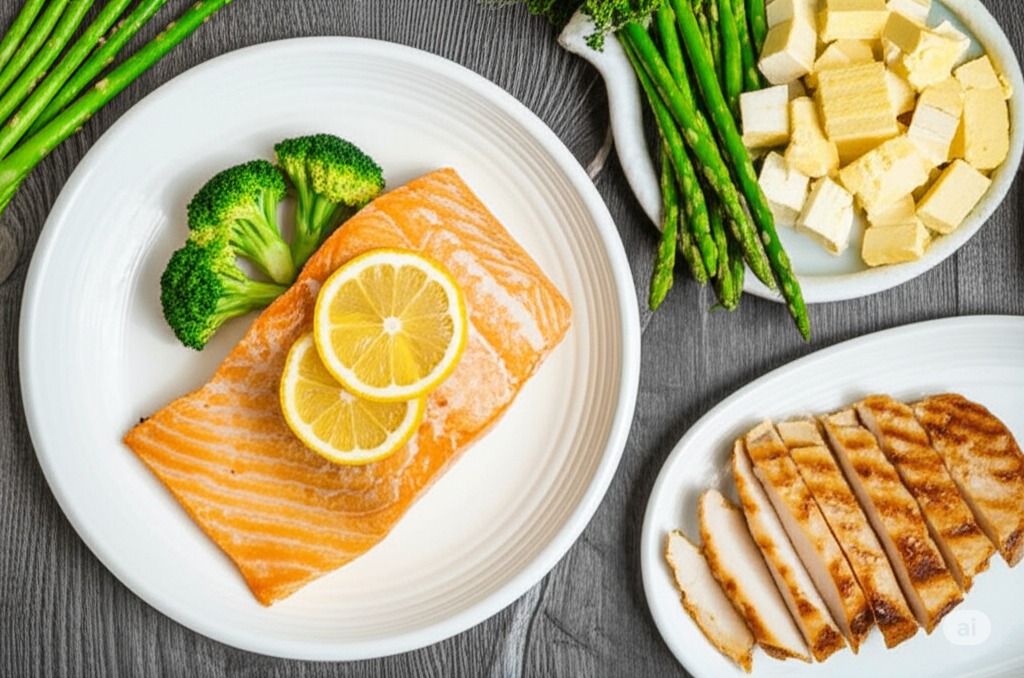Cancer can affect appetite for various reasons. Some tumors release hormones that interfere with the body's hunger signals. Cancer cells and treatment itself can also cause dehydration, nausea, mouth sores, stress, and changes in taste, all contributing to reduced appetite. Patients can try several strategies to manage these side effects and improve their eating experience.
Smaller, More Frequent Meals:
If feeling hungry is a challenge, try eating smaller, more frequent meals to lessen the burden on the digestive system. This approach can be more effective than trying to consume large meals, which can be overwhelming and further suppress appetite. Limit water and juice intake before and during meals to avoid feeling full too quickly. Keep high-calorie, protein-rich snacks readily available and eat whenever the urge arises. Good options include cheese, whole chocolate milk, and peanut butter.
Prioritizing Protein:
Cancer patients require more protein than the average person. Protein is crucial for tissue and muscle growth and repair. Without sufficient protein from their diet, the body may break down muscle mass to obtain the protein needed for healing or fighting infection. This can lead to increased fatigue, exhaustion, and further loss of appetite.
Excellent protein sources include milk, eggs, fish, and poultry. Beans and nuts are also high in protein. Varying protein choices can help stimulate appetite. Consider preparing protein in liquid, broth-based, or soft forms for easier swallowing and digestion.
 |
Salmon, chicken, and tofu are rich in protein. Image generated by AI. |
Addressing Taste and Smell Changes:
Chemotherapy often alters patients' sense of smell and taste, sometimes causing a persistent bitter or sour taste. This is known as dysgeusia, a common side effect.
To alleviate this discomfort, use marinades to enhance or balance the flavor of fish, meat, and poultry. Depending on the specific taste changes, lemon juice or lime can make food more appealing. Adding a touch of sweetness can counteract excessive bitterness. If a metallic taste is present, use plastic utensils and avoid food packaged in metal cans.
Minimizing Strong Smells:
Changes in taste and smell can also make certain foods unappetizing and strong odors, especially fishy smells, unbearable. Avoiding foods like cabbage, fish, garlic, and onions can help prevent further appetite loss.
Managing Stress:
Stress and psychological issues can contribute to fatigue and poor appetite, impacting treatment outcomes. Regular check-ups are essential for appropriate support and symptom management. Social interaction, connection, and light exercise can promote relaxation.
Anh Chi (Everyday Health)
| Readers can submit questions about cancer here for doctors to answer. |












